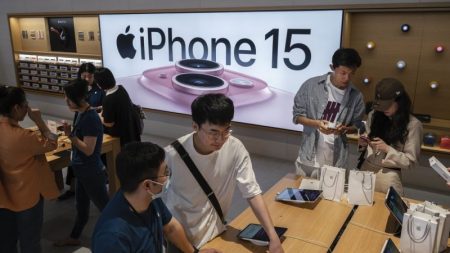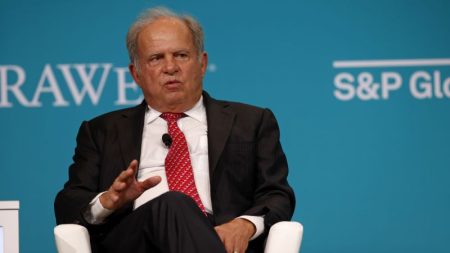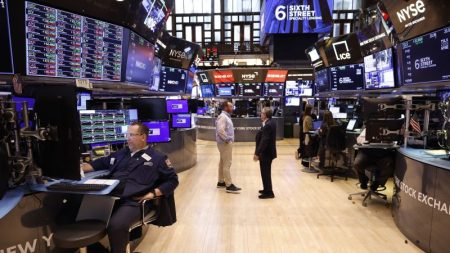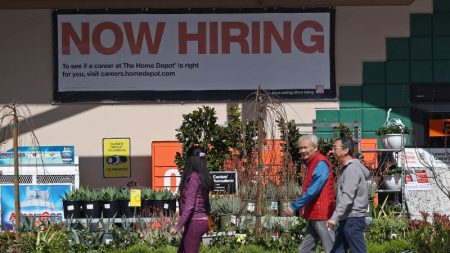The stock market rally that began in 2024 has come to a halt in April. The S&P 500 index has dropped 4.6% this month, with all major US indexes on track for their first negative month since October. A mix of strong economic data and persistent inflation has led Wall Street to adjust its expectations for when the Federal Reserve will start cutting interest rates. A spike in oil prices due to rising tensions in the Middle East has also contributed to the market turmoil.
Inflation remains above the Fed’s 2% target, with employers adding a surprising 303,000 jobs in March. Consumer spending has also increased, showcasing the resilience of US consumers despite high interest rates. Fed Chair Jerome Powell stated that rate cuts will likely come later than expected, with the central bank needing more evidence of moderating inflation before making a move. Traders now project rate cuts to begin in July or September, a shift from earlier expectations of up to six rate cuts in 2024.
The International Monetary Fund has upgraded its forecast for American economic growth but has warned that inflation will be difficult to control. Bond yields have spiked this week as investors anticipate elevated rates for a longer period than initially thought. Corporate earnings have not been enough to rejuvenate the stalled market rally, with concerns about tensions in the Middle East adding to investor unease.
Mortgage rates have soared, breaching the 7% threshold and exacerbating America’s home affordability crisis. The Federal Reserve’s decision not to cut interest rates, influenced by high inflation readings, has contributed to the rise in mortgage rates. Buyers are now faced with a decision of whether to purchase before rates increase further or wait in hopes of decreases later in the year. If inflation continues or worsens, mortgage rates could climb even higher.
Apple is planning to purchase more components from Vietnam, joining a trend among global tech firms to diversify their supply chains away from China. CEO Tim Cook’s pledge to increase investment and cooperation in Vietnam highlights the country’s growing importance to global companies seeking alternatives amidst trade tensions with China. Apple has already spent billions through its supply chain in Vietnam since 2019 and created thousands of jobs in the country.















